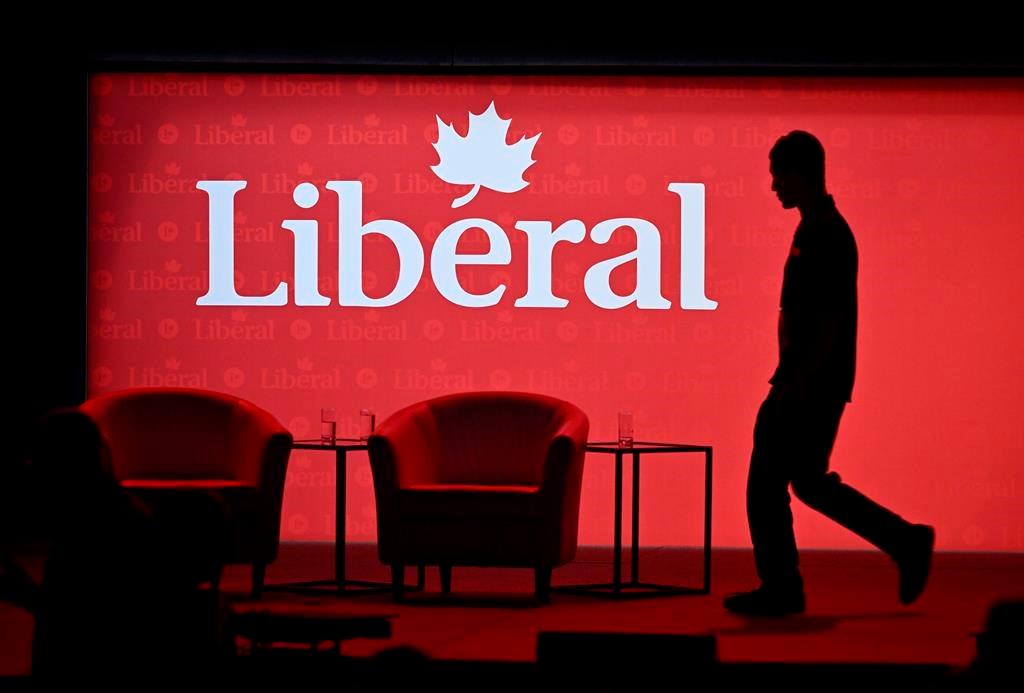A number of Liberal MPs are saying the vote to choose their new party leader should only be open to Canadian citizens and permanent residents amid foreign interference concerns.
The Liberal Party allows anyone over 14 years old who “ordinarily” resides in Canada to become a party member, at no cost. Having Canadian status is not a requirement to become a registered Liberal, with the party saying this favours inclusivity.





